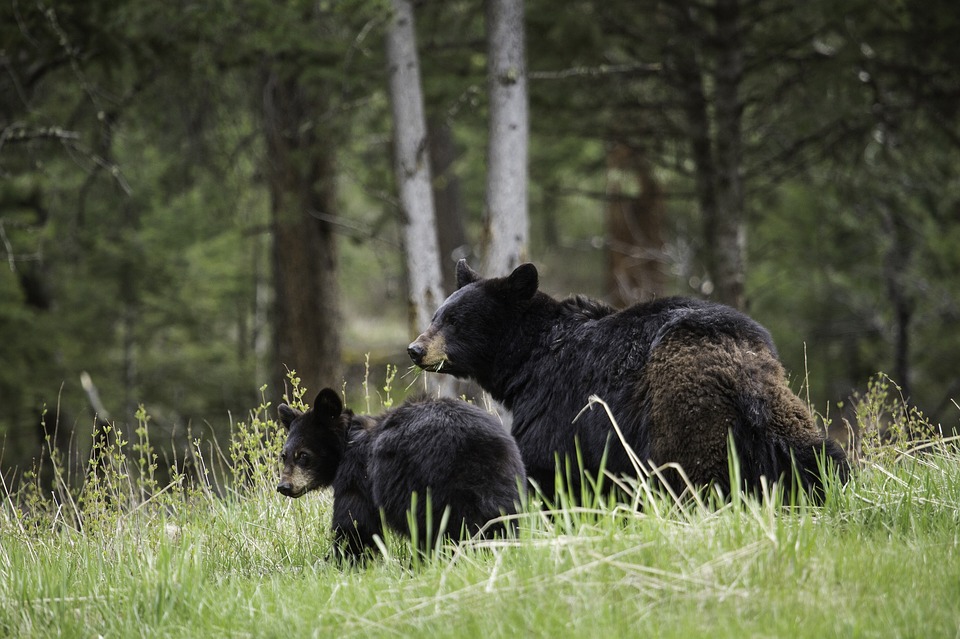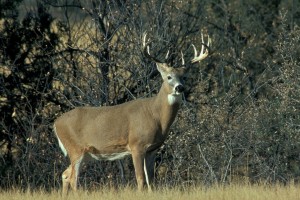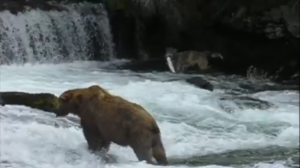According to Michigan’s Department of Natural Resources (DNR), the state’s bear population is more than stable, it’s booming.
While this news is certainly encouraging to wildlife managers, officials do believe there are a number of steps that need to be taken to keep it that way and to manage areas with larger populations of black bears than others across the state.
Currently speaking, the DNR estimates there to be between 15,000-19,000 black bears scattered across the state, with regions of the northern Lower Peninsula growing at a more rapid pace than expected, prompting the DNR to consider quota increases in the region.
“We show an increase of 29 percent since 2012 and almost 50 percent since 2000,” Swanson told the Natural Resources Commission last week. “This is a pretty pronounced trend upward in the northern Lower Peninsula population, we’re hoping to increase the harvest point significantly beginning next year for the 2017-18 seasons.”
With a growing number of complaints from Lower Peninsula residents, conflicts seem to be on the rise as reports of bluff charges towards humans, and other incidents are being reported.
“The complaints are quite wide-spread throughout the Baldwin BMU (Bear Management Unit), it’s become almost unmanageable for our field staff in the northern Lower Peninsula,” Swanson told mlive. “Our supervisor Rex Ainslie has had to start an on-call system on the weekends to try and address these complaints, another supported reason that we should increase the harvest.”
Only 50 bears were harvested in the Baldwin BMU last year, while over 40 bears were struck and killed in motor vehicle collisions in the same time period. This alone, Swanson says, is enough to justify a higher harvest quota for 2017.
“The data supports a much higher harvest. Usually, we do that quite cautiously but in this matter, we’d like to increase the harvest quite significantly in Baldwin,” Swanson noted.
The Upper Peninsula’s population is healthy but not as robust as regions to the south. Of the 15,000+ estimated bears in the state of Michigan, officials estimate that 9,7000 of those animals reside in the Upper Peninsula, rising roughly 11 percent since 2012.
Given the data, Swanson is proposing a moderate quota increase of just over 2 percent to keep populations healthy. The proposed increase would see statewide quotas rise from 5,806 in 2016 to 5,925 for the 2017-18 hunting season.




